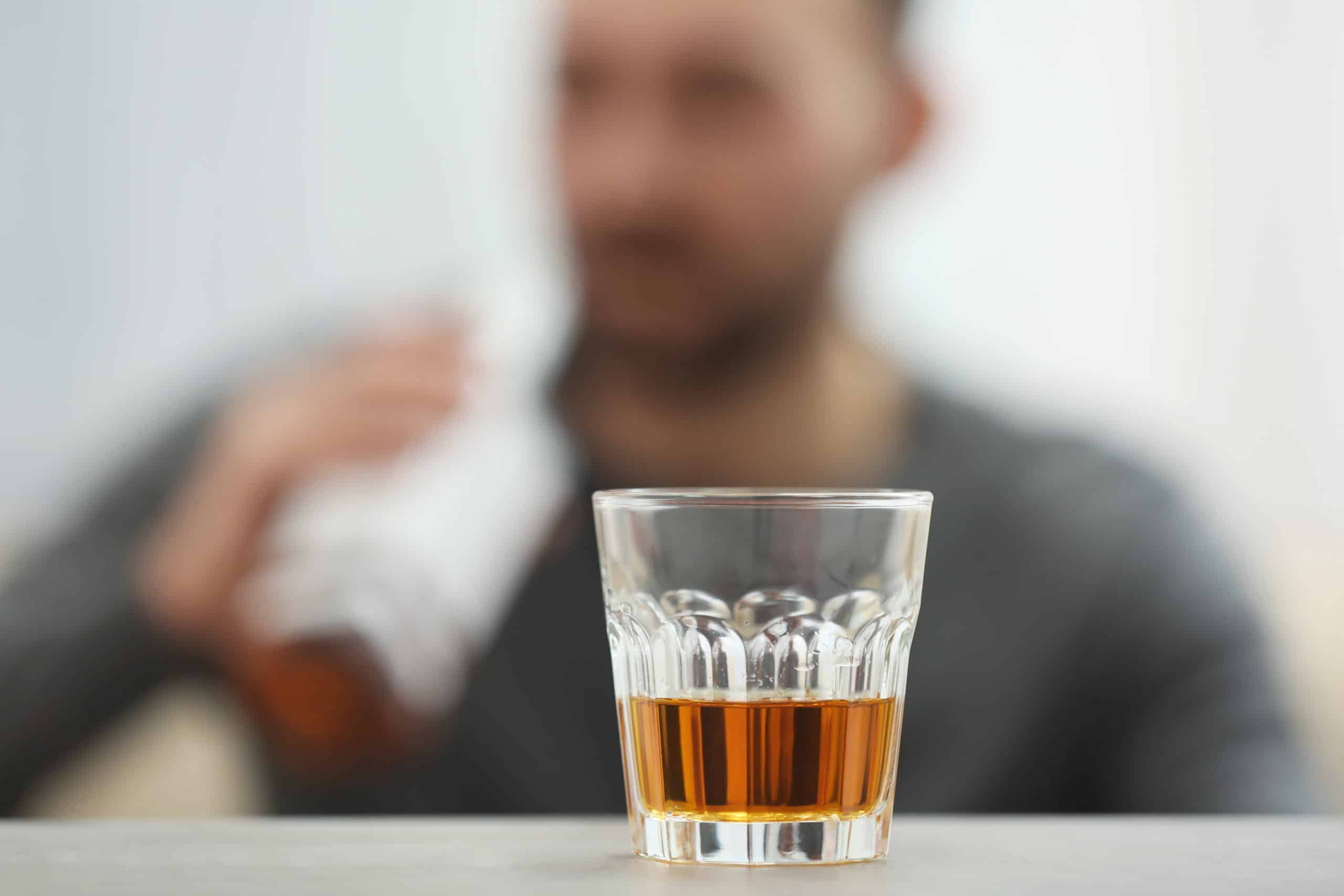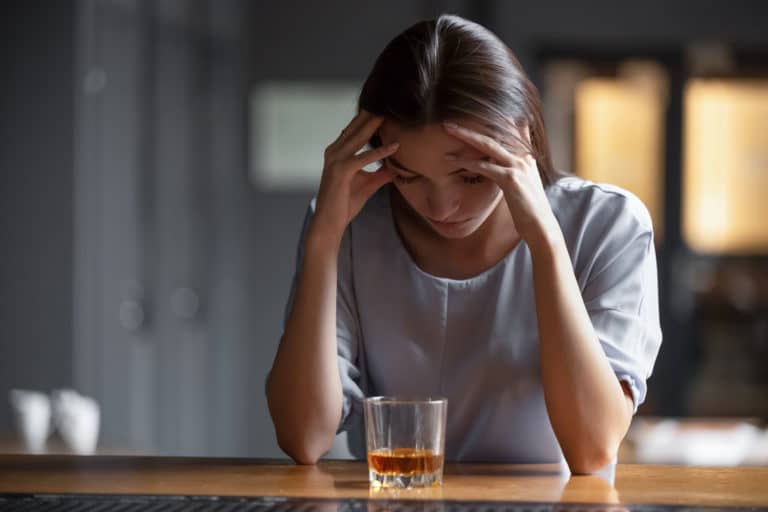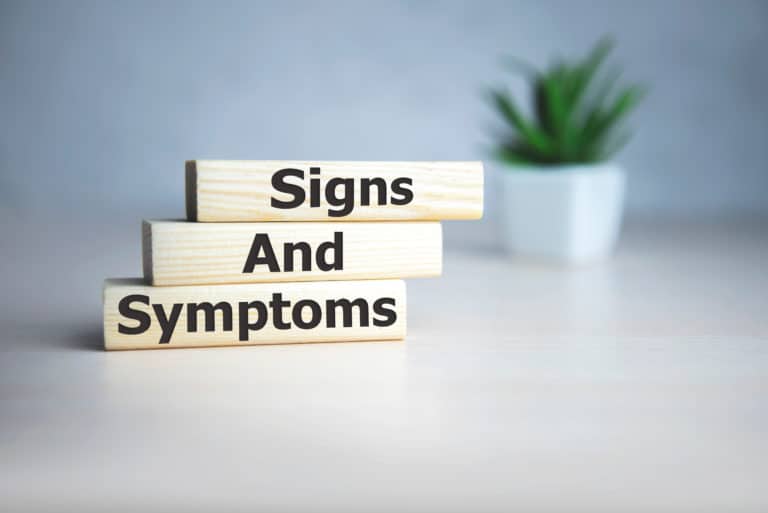The number of people struggling in America with an alcohol addiction grows daily. The trouble is that for many that aren’t addicted to alcohol personally, they may not be able to recognize the signs of a drinking problem in someone else until it is too late. There are, in fact, many signs that you can look out for if you suspect someone you know has a drinking problem.
At Ocean Coast Recovery we know that education is the first step to getting your loved one the professional help they need to get clean and sober and stay on the path of sobriety. In this post we will examine the 10 signs of a drinking problem, how to identify them, and how to get your loved one help.
Alcoholism Explained
It’s important to know that alcoholism, like addiction, is a disease. Once a person is addicted to alcohol, it is a constant battle to get and stay sober. Only with the proper treatment and support does a person stand the best chances of getting and staying sober.
When a person with alcoholism attempts to quit drinking outside of a treatment facility they can suffer severe physical harm and the potential to relapse is much higher. This is because simply stopping drinking does not treat the root cause of alcoholism. Treatment facilities work to treat both the actual alcohol and causes for drinking in the first place.
10 Signs of a Drinking Problem
Sign #1: Inability to Stop Drinking
One of the most prominent signs that someone has a drinking problem is their inability to stop drinking once they start. This is further escalated by a need to drink more to get over the effects of feeling hungover, leading to long stints of binge drinking.
Sign #2: Drinking to Cope With Mental Health Issues
Another reason that some people turn to alcohol is that they are trying to self-medicate for underlying mental health issues, trauma, and other issues. This can result in heavy and consistent drinking that can be damaging to both the body and mind. This is often called a co-occurring disorder because both conditions feed off one another.
Sign #3: Emotional Drinking
In some cases, a person may begin drinking and then continue to do so to deal with emotions that they are feeling. This type of drinking is also often accompanied by binge drinking.
Sign #4: Increasing Alcohol Tolerance
If a person has been drinking for a period of time and gradually loses the ability to feel the effects without more and more alcohol, this is a sign that their alcohol tolerance is increasing and a clear sign of alcoholism.
Sign #5: Relapsing When Attempting to Stop
A person suffering from a drinking problem may indeed try to stop, sometimes even several times, but in each instance, they likely relapse because they do not have the tools to know how to safely and effectively stop using alcohol.
Sign #6: Blacking Out Often
In most cases, blacking out is a sign that a person has drunk too much alcohol and doesn’t recall events that happened during a period of time. This is a sign that a person has a drinking problem to the point that it damages their health.
Sign #7: Diminishing Mental Health
In some cases, drinking too much can cause changes to mental health such as anger or depression. Rather than self-medicating an issue with alcohol, alcohol can actually cause mental health issues.
Sign #8: Lying About Drinking
People who have a drinking problem will often do whatever they can to hide their problem. This includes lying about it to friends and family.
Sign #9 Relationship Problems
Another key thing that happens to people with drinking problems is that their relationship begins to suffer because of alcohol.
Sign #10: Picking Alcohol Over Other Things
Once a person starts choosing to acquire or drink alcohol over life and important things in their life, this is a sign of a full-blown drinking problem.
Recognizing these signs is the first step to getting someone the help they need with their alcohol addiction. Reach out to the team at Ocean Coast Recovery today to get you or your loved one help with an alcohol addiction!





